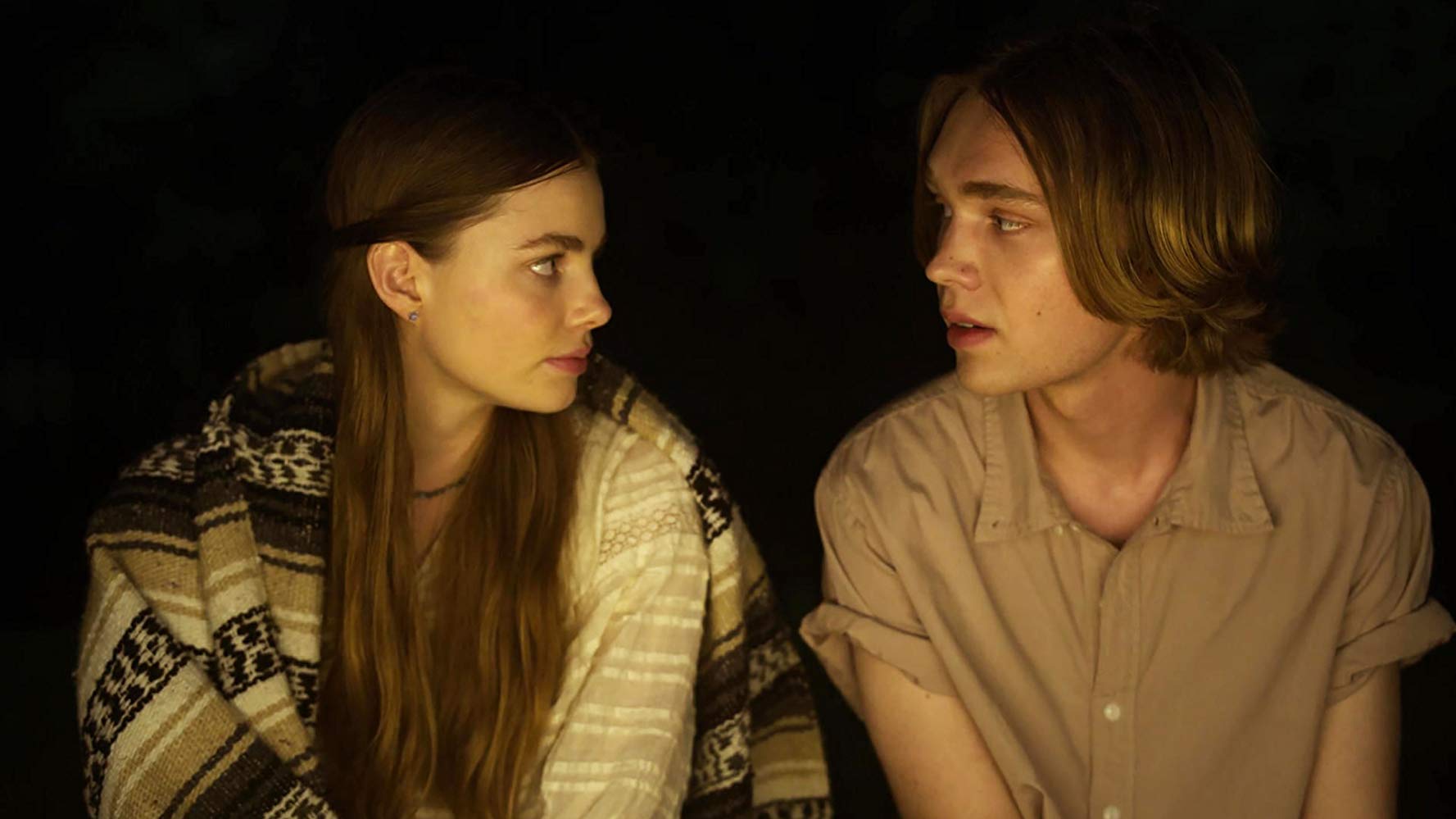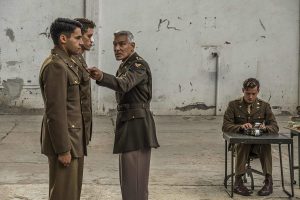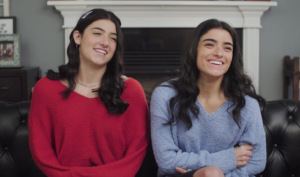When I first heard that John Green’s novel Looking for Alaska would be adapted into a TV show, I was skeptical; even more so when I learned it was to be a Hulu series. But I figured that I had nothing else to do this Parents Weekend due to the distinct lack of Cassady family that came to visit. There wasn’t a whole lot to lose, as I saw it. So, I braced myself for a deeply mediocre show and, to my surprise, was slapped with a distinctly disappointing one.
The series is easily summed up by my friend Olivia Murray: “This doesn’t feel like a real TV show with a plot so much as an Instagram aesthetic.” Better words couldn’t have been said. Looking for Alaska is objectively painful to watch. While Alaska Young (Kristine Froseth), the show’s resident manic pixie dream girlTM, is supposed to be the well-liked, moody, smart resident of Culver Creek High School, she comes off as obnoxiously pretentious. Add Alaska’s dialogue with every other character’s “quirky” spin on life, and you get a show that “beats me over the head with Instagram quotes” (thank you to Olivia, once more). I can’t truly understand how one could craft such poor dialogue and still expect the show to be somewhat salvageable, but the newest Hulu series certainly tried.
The plotline, grounded in the book’s before/after framework, manages to be the most complex nothingness I’ve ever experienced. There were small plotlines in the episodes, mostly executed through pranks and campus events, but the writers lose these stories by trying to add as many “deep” quotes as they can to each hour-long episode. And for all of the build-up in the “before” aspect of the show, there’s not a high enough payoff for viewers in the “after” part. The biggest problem with the plot is that it relies too heavily upon a fanbase well-versed in the novel and doesn’t allow for the series to stand on its own. In the adaptation, there was little change of substance from the novel’s plot, yet the series seemed to detract so much from the reading experience. The dialogue, character complexities, and other nuances of the best seller were lost in translation from pages to pixels. The Hulu series became only a poor extension of the novel, not at all an expansion upon the groundwork of the narrative. In doing so, the eight-episode stream was nothing more than a fragmented retelling of an already successful story.
That’s not to say all of the show was bad. Lara Buterskaya (Sofia Vassilieva), a Romanian boarding student at Culver Creek, quickly becomes the savior that Looking for Alaska so desperately needs. In a series with deeply unlikeable characters, Lara is the star. Introduced as the main character, Miles “Pudge” Halter’s (Charlie Plummer), love interest, Lara soon traverses the stereotypical girl love interest archetype and becomes one of the only characters of worth. She brings awareness to the struggle of immigrating when recounting her own experience leaving Romania for Birmingham, Alabama. And in doing so, she allows for a glimpse into the burdens so many children bear when they must provide for their families as the best English-speakers in their new lives. Chip “The Colonel” Martin (Denny Love) is a character deeply rooted in his morals, a refreshing change of pace from Pudge’s complete lack of backbone and Alaska’s manipulation. His character is complex, realistic, and well-intentioned. Yes, you’ll yell at him through your computer screen, but you’ll also smile when he figures it out.
I truly cannot recommend Looking for Alaska to anyone looking for particularly stimulating TV, but if you’re looking for a show to watch in the background of doing something much more important (e.g. cooking pasta), this is your show. Some of the characters are okay. Many of them are upsetting. But it’s a deeply mediocre ride.






